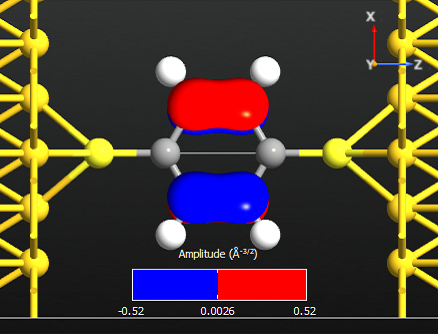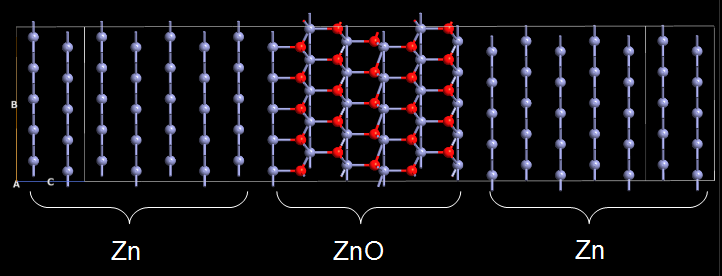
Agents fingered by consumers for unsatisfactory work will be compelled to attend talks to work out a settlement. Allegations of misconduct will be investigated by the dedicated statutory board, the Council for Estate Agencies, and agents face warnings, fines, suspension or debarment if found guilty.ĭisputes, meanwhile, will be mediated. The new regime promises to close such loopholes. On top of that, the effectiveness of having two agencies was undermined by the ability of rogue agents to move freely from one agency to another. The proposed regime is an acknowledgement that the market cannot regulate itself in the absence of savvy consumers and sufficient information.įor years, buyers or sellers who felt aggrieved over their agents' actions have been limited to seeking help from three parties: the Consumers Association of Singapore (Case) the Institute of Estate Agents, a trade body and the Singapore Accredited Estate Agencies, an accreditation outfit.Įach entity was ineffectual for different reasons: Case had no means to haul errant agents to the table, while consumers were either sceptical or unfamiliar with the latter two. A central registry will track disciplinary records as well as awards received by housing agents and there will be mechanisms to investigate and discipline errant agents and agencies. There will be a new statutory board to oversee the real estate landscape. The details are still being worked out, but what has been unveiled so far is impressive. The Government will likely outlaw the practice under its new regulatory regime to be introduced in a Bill in Parliament in the second half of this year.

Eager buyers have had no choice but to pay the toll. The agent collected fees from both the buyer and seller in the same transaction, raising questions about which side he was working for.ĭespite the obvious conflict of interest, the industry has been divided over the practice. Years after the public outcry over this double dealing, a home buyer encountered the same situation two weeks ago. The seller's housing agent tells her: 'I can make it cheaper, if you pay me a commission.' Teaching buyers and sellers about their rights is the right moveĪ HOUSE hunter finds a property she likes and tries to bargain down its price. Getting smart against rogue housing agents He claims the money did not come from his parents but from the boyfriend of another sister.Ĭhuang-yang denies that he was holding the properties or rental income in trust for his parents, saying instead that the flats were meant for him as 26, 2010 In his defence, Chuang-yang said he was initially not aware that his parents had bought the apartments in his name and found out about it only in 2000. In October 2007, he signed a letter promising that in the event both properties were sold, he would give all the proceeds to his mother.īut when they asked him for the title deeds last year, he refused to hand them over unless they paid him $250,000. In 1997, Chuang-yang moved to Singapore and, two years later, took over his sister's task of collecting rent. The couple said they had explicitly told their son that the flats were intended for investment purposes and to serve as a source of income during their retirement. The rest was funded by housing loans obtained by Sheng Cheng here, and the couple later transferred money to her to maintain the apartments, which were rented out. The couple transferred $160,000 for the Parc Oasis apartment and $184,500 for the Central Green apartment to Sheng Cheng as downpayment. To secure the housing loan, the couple decided to put the properties in Chuang-yang's name. The couple arranged for their daughter, Ms Yang Sheng Cheng, who was then living in Singapore, to buy the properties, telling her to rent out the units and use the income to service the housing loan instalments, property taxes and maintenance fees. The three-day hearing, which started yesterday, revolves around apartments in Parc Oasis in Jurong, bought in 1992, and Central Green in Tiong Bahru, bought in 1993. But he claims that his parents gave the flats to him - an assertion the couple, who have five other children, deny. Their son, Mr Yang Chuang-yang, 49, who has lived in Singapore for more than 10 years, does not dispute he did not take part in the property purchases.

The couple, who live in Taipei, say that their son was merely holding the properties and rental incomes from the flats in trust for them. In their lawsuit, Mr Yang Min-hao, 76, and Madam Yang Yuan Hsiang-ying, 71, said they funded the $344,500 downpayment for the flats but used their son's name as they were worried about not being able to get a bank loan. They say flats, in son's name, were for investment but son claims they were gifts to himĪN AGED couple from Taiwan have sued their son in the Singapore High Court for the return of the title deeds of two condominium apartments worth about $1.7 million.


 0 kommentar(er)
0 kommentar(er)
